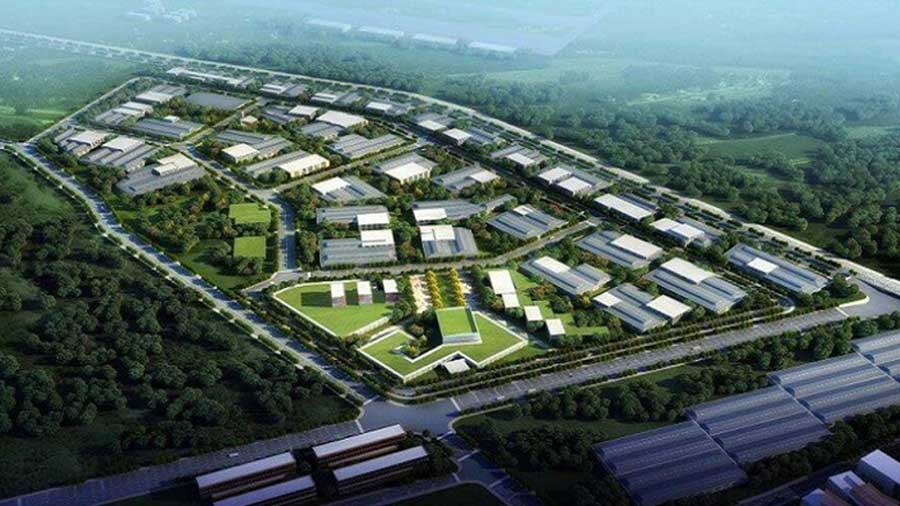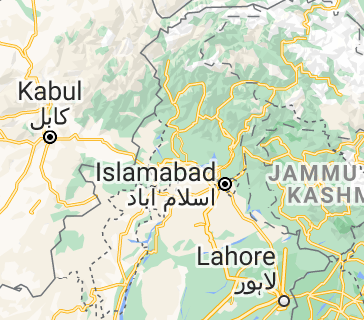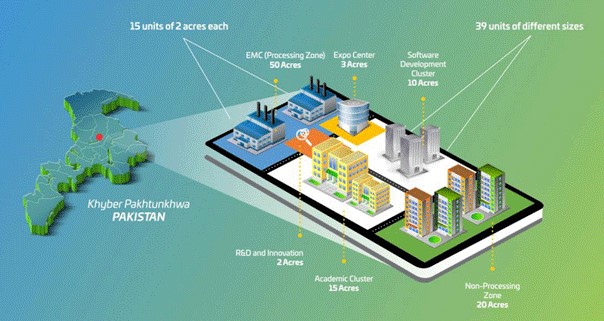Rashakai Special Economic Zone Breaks Ground In Pakistan

New SEZ to service markets in Afghanistan, Xinjiang and the Middle East
The opening ceremony of the first CPEC industrial park was held at the end of May, with the Rashakai Special Economic Zone in Pakistan’s Khyber Pakhtunkhwa (KP) province, bordering Afghanistan, situated roughly equidistant between the capital cities of Islamabad and Kabul.

The Rashakai Special Economic Zone is linked by highway and rail to Pakistan’s Gwadar port on the Arabian Sea, to China’s Xinjiang Province via the Karakoram Highway to the north, and to Afghanistan, Iran, Tajikistan, and other Central Asian nations to the west. Rashakai is expected to become an important transit point for trade between Pakistan, Afghanistan, North-West China, Central Asia and markets in the Arabian Gulf.
The planned total area of the SEZ is 4 square kilometers and it will be constructed in three phases. Pakistan has both certain resource advantages and a growing domestic market demand, and the SEZ is designed to attract investors in machinery, equipment and household appliance manufacturing, food processing, textiles and leather processing, home building materials, warehousing and logistics, and other supporting service industries.

The Pakistani government has given a series of preferential policies and supporting conditions to the Rashakai SEZ, with preferential tax policies under the Pakistan’s Special Economic Zone Law. The SEZ is also the only facility in the Province that enjoys this preferential policy.
Khyber Pakhtunkhwa (formally the North Western) Province has been a relatively impoverished region and has suffered due to problems with Islamic militants in Afghanistan. The Rashakai SEZ is intended to bring economic development opportunities to the province, and longer term to introduce regional peace through the encouragement of trade. Mahmood Khan, Chief Minister of Khyber Pakhtunkhwa Province, stated that the Rashakai SEZ will create 200,000 jobs in engineering and food processing, while also promoting business activity elsewhere in the province and across the border to Afghanistan.
Pakistani Prime Minister Imran Khan has stated that due to previous conflicts and a lack of development opportunities in Khyber Pakhtunkhwa, most local people migrate to Karachi and the Middle East to seek employment opportunities. However, the completion of the Rashakai SEZ will industrialize Khyber Pakhtunkhwa, helping settle regional society down as residents will be able to find jobs without leaving their hometowns.
China’s Ambassador to Pakistan, Nong Rong said that cooperation in promoting the construction of industrial parks is an important part of the corridor towards high-quality development. Modern industrial parks can effectively integrate resources, cultivate competitive industrial clusters, and increase exports , thereby helping Pakistan achieve sustainable development.
With the Rashakai SEZ adjacent to Afghanistan and linked to Gwadar Port, it has the potential to become a base for Pakistan to export commodities to Afghanistan and other regional markets in West China and Central Asia, and if properly managed, can become a hub for regional interconnection while enhancing regional security. This is especially important for Afghanistan, with the US military departing the country in mid-September this year. If this project can be protected and allowed to prosper, Rashakai will ultimately be seen as important to Pakistan as Shenzhen was to China’s early development – increasing trade opportunities and foreign direct investment in addition to creating regional wealth and security.
Related Reading
About Us
Silk Road Briefing is written by Dezan Shira & Associates. The firm has 28 offices throughout Asia, and assists foreign investors into the region. For strategic advisory and business intelligence issues please contact the firm at silkroad@dezshira.com or visit www.dezshira.com





